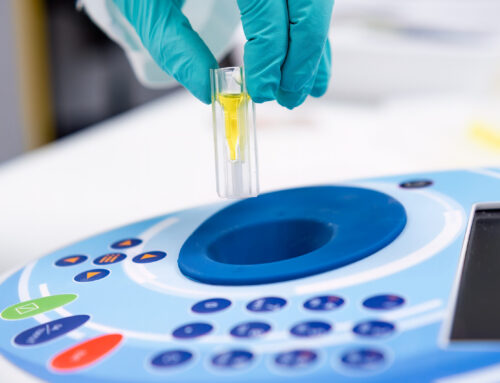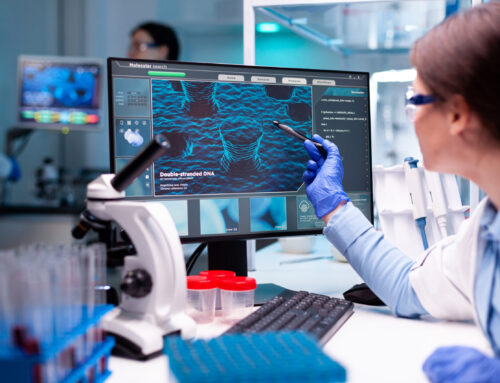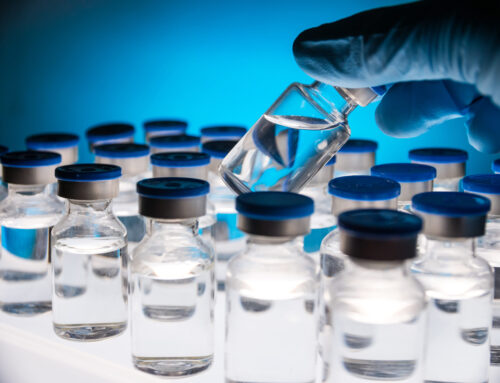Vitamin D3 (cholecalciferol) plays several important roles in the body that may contribute to cancer prevention. While research is ongoing and not all results are conclusive, growing evidence from epidemiological, preclinical, and clinical studies supports a protective role of vitamin D3 in reducing the risk of certain cancers.
1. Regulation of Cell Growth and Differentiation
- Vitamin D3 is converted in the body to its active form, calcitriol (1,25-dihydroxyvitamin D), which binds to the vitamin D receptor (VDR) present in many tissues, including the breast, colon, prostate, and immune cells.
- Calcitriol modulates gene expression involved in cell cycle regulation, helping to:
- Slow the proliferation of abnormal cells
- Promote differentiation of cells (a hallmark of normal tissue behavior)
- Induce apoptosis (programmed cell death) in potentially cancerous cells
2. Anti-Inflammatory Effects
- Chronic inflammation is a key driver of many cancers.
- Vitamin D3 has been shown to downregulate inflammatory cytokines and suppress NF-κB signaling, a pro-inflammatory pathway often upregulated in tumor environments.
3. Immune Modulation
- Vitamin D3 enhances the activity of innate immune cells like macrophages and natural killer (NK) cells, which help surveil and eliminate early abnormal cells.
- It also tempers the adaptive immune response, potentially reducing the risk of autoimmune conditions and chronic inflammation.
4. Angiogenesis Inhibition
- Tumors require new blood vessel formation (angiogenesis) for growth and metastasis.
- Calcitriol has been shown in experimental models to inhibit angiogenesis, partly by downregulating VEGF (vascular endothelial growth factor) and other pro-angiogenic factors.
5. Reduction of Cancer Stem Cells
- In some studies, vitamin D3 has shown potential to suppress cancer stem-like cells, particularly in breast and colorectal cancers, which are often resistant to conventional therapies and contribute to relapse.
Cancer Types Most Studied with Vitamin D3
- Colorectal cancer: Strongest evidence; numerous observational studies show inverse associations between vitamin D levels and colorectal cancer incidence.
- Breast cancer: Many studies support a link between higher serum vitamin D levels and lower breast cancer risk or improved prognosis.
- Prostate cancer: Findings are mixed, with some showing benefit and others showing no association.
- Pancreatic, ovarian, and lung cancers: Some early studies show promise, but data is less consistent.
Evidence Summary
- Epidemiological studies: Populations with higher sun exposure or serum 25(OH)D levels often show lower incidence of certain cancers.
- Interventional trials: Mixed results, but some randomized controlled trials (e.g., VITAL study) suggest a modest benefit in reducing cancer mortality rather than incidence.
- Meta-analyses: Indicate an association between higher vitamin D levels and reduced total cancer mortality.
Recommended Blood Levels and Supplementation
- Optimal serum 25(OH)D level for cancer prevention: Often suggested to be 40–60 ng/mL, though official guidelines are more conservative (~20–30 ng/mL).
- Supplementation: 1,000–4,000 IU/day of vitamin D3 is typically considered safe for most adults, but individual needs vary.
Note: Excessive vitamin D can cause toxicity, leading to hypercalcemia and other complications. Testing blood levels before high-dose supplementation is advised.
Conclusion
Vitamin D3 is not a cure or guaranteed preventive for cancer, but it plays a critical supportive role in maintaining cellular health, regulating immune function, and reducing inflammation, all of which contribute to cancer prevention and control. Ensuring adequate levels—through sensible sun exposure, diet, and/or supplementation—is a simple, cost-effective strategy to support overall health and potentially reduce cancer risk.





